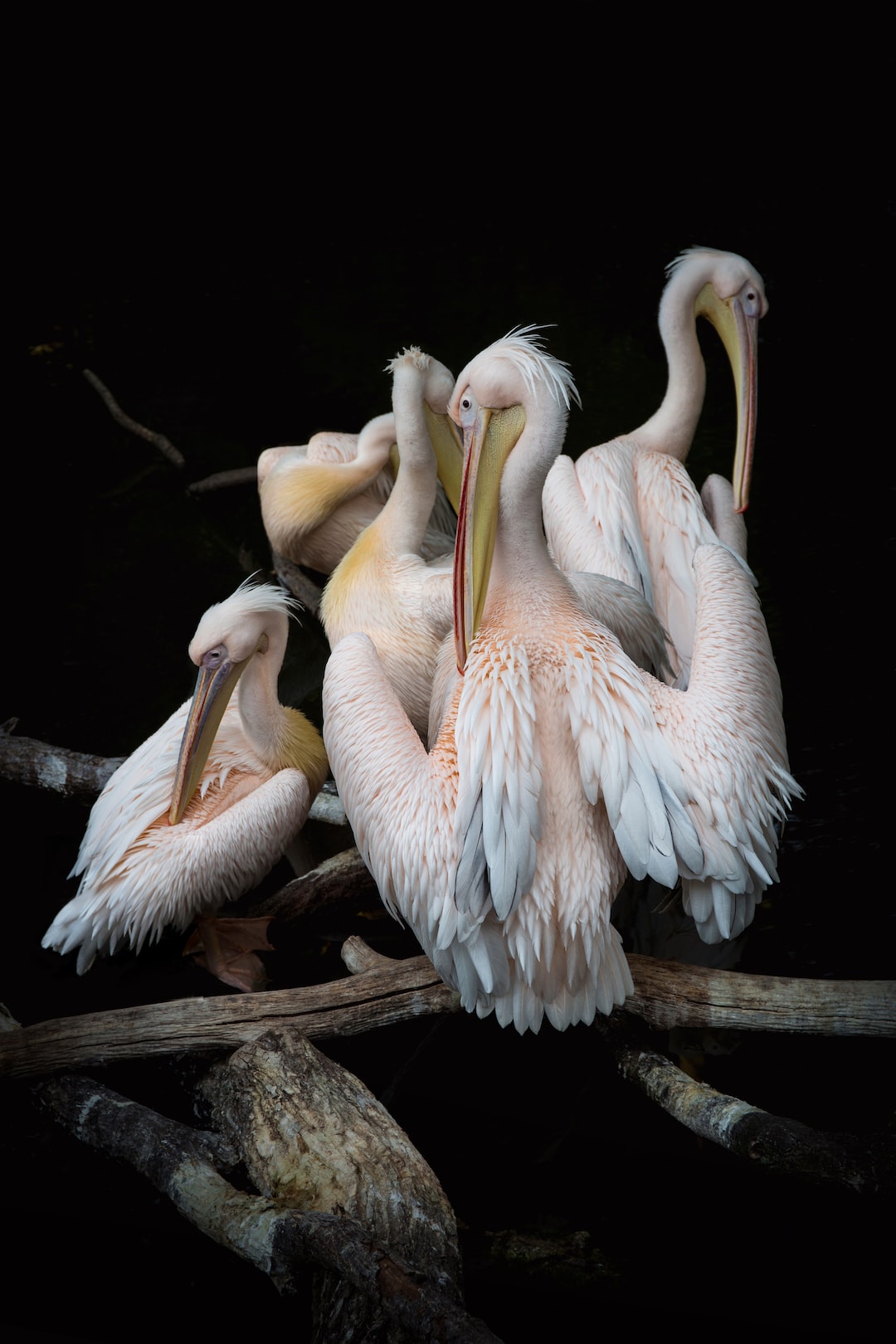Gorillas: Humanity’s Closest Relatives in the Animal Kingdom
When we think about our closest relatives in the animal kingdom, one species that immediately comes to mind is the gorilla. These magnificent creatures share many similarities with humans, both anatomically and behaviorally. In this blog post, we will explore the fascinating world of gorillas and shed light on their intelligence, social structures, and conservation efforts.
Anatomy and Physiological Similarities
Gorillas are classified as great apes, alongside orangutans, bonobos, and chimpanzees. They are the largest living primates and share around 98% of their DNA with humans. This genetic similarity is reflected in their physical characteristics, including their five fingers and toes and opposable thumbs. Additionally, gorillas possess a highly developed brain, capable of complex problem-solving and cognitive tasks.
Behavioral Traits
Gorillas exhibit numerous behavioral traits that mirror human characteristics. They live in close-knit family groups, led by a dominant adult male called a silverback. These groups are composed of several females and their offspring, forming a tight-knit community where members depend on one another for survival and protection. Gorillas communicate through complex vocalizations, body language, and facial expressions, displaying a rich repertoire of emotions.
Their intelligence is showcased through various problem-solving skills. Gorillas have been known to use tools, such as sticks, to gather food or fend off predators. They also demonstrate remarkable memory and learning abilities, often passing down knowledge from one generation to another within their social groups. These traits highlight the advanced cognitive capabilities of these incredible creatures.
Conservation Efforts
Despite their striking similarities to humans, gorillas face numerous threats and are currently classified as critically endangered. The destruction of their natural habitat due to deforestation, illegal hunting, and diseases transmitted by humans pose significant challenges to their survival. Conservation organizations and governments around the world have recognized the importance of protecting these magnificent creatures and have implemented various initiatives to safeguard their future.
One such initiative is the establishment of national parks and reserves dedicated to gorilla conservation, such as Volcanoes National Park in Rwanda, Bwindi Impenetrable National Park in Uganda, and Virunga National Park in the Democratic Republic of Congo. These protected areas provide a safe haven for gorillas, allowing them to thrive in their natural habitat.
Additionally, ecotourism has played a vital role in raising awareness and generating critical funds for gorilla conservation efforts. Responsible tourism practices ensure that visitors have minimal impact on the environment and local communities while providing valuable support to conservation projects. By witnessing the beauty and grandeur of these gentle giants up close, tourists develop a deeper appreciation for the need to protect them and their habitat.
Furthermore, ongoing research and monitoring programs help gather essential data about gorilla populations, their behavior, and their habitat requirements. This information is used to inform conservation strategies and make evidence-based decisions to ensure the long-term survival of gorillas.
Conclusion
Gorillas, as humanity’s closest relatives in the animal kingdom, are awe-inspiring creatures that deserve our utmost admiration and protection. Their shared genetic makeup, coupled with their remarkable intelligence and complex social structures, showcase the interconnectedness between humans and the animal kingdom. However, the continued survival of these magnificent creatures is under threat, underscoring the urgent need for conservation efforts. Through responsible tourism, research, and the establishment of protected areas, we can work towards securing a bright future for gorillas and the preservation of biodiversity as a whole.

